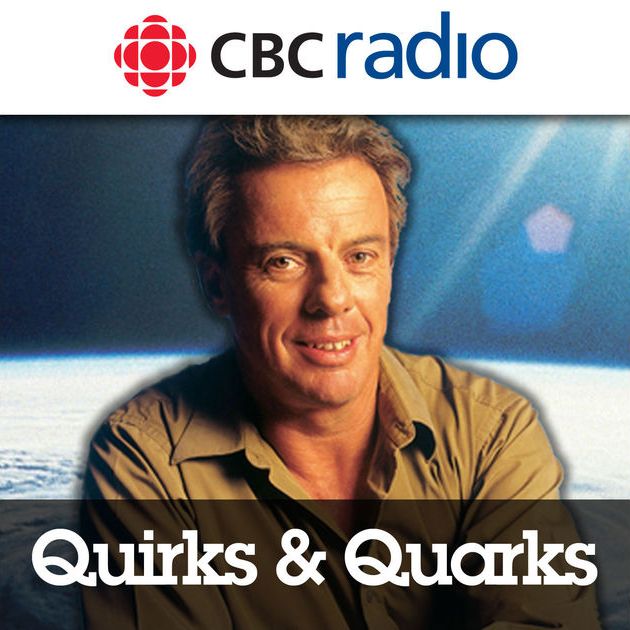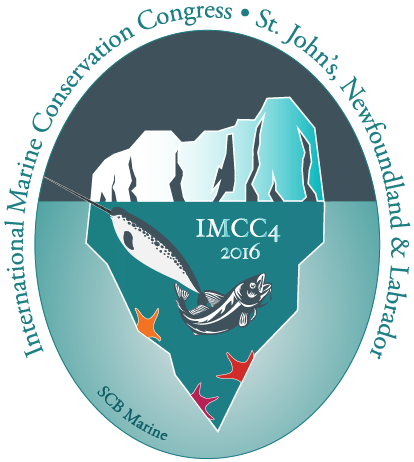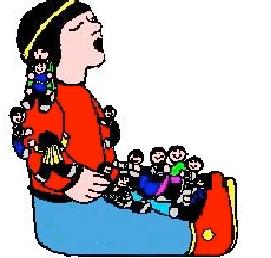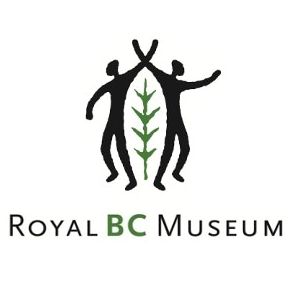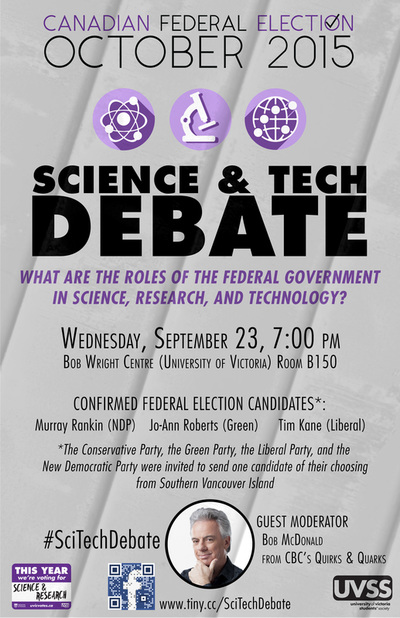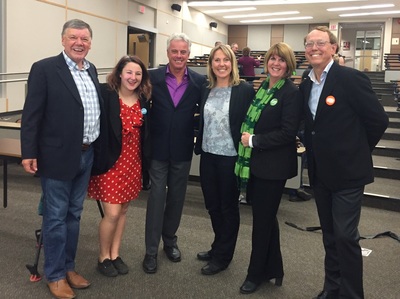Outreach & communication
Communicating scientific findings - as well as how and why we do scientific research - is a big part of a scientist's job. But effectively communicating complex information can be difficult... Learning to speak in plain language is not typically part of a scientist's training.
I curate resources for science communication.
Here are varying opinions about scientists and advocacy, and below are some science outreach projects I've been involved in.
I curate resources for science communication.
Here are varying opinions about scientists and advocacy, and below are some science outreach projects I've been involved in.
- Lach et al. (2003) "Advocacy and credibility of ecological scientists in resource decision-making: A regional study"
- Lackey (2007) "Science, scientists, and policy advocacy"
- Mann (2015) "The Serengeti strategy: How special interests try to intimidate scientists, and how best to fight back"
- Nelson & Vucetich (2009) "On advocacy by environmental scientists: What, whether, why, and how"
- Noss (2007) "Values are a good thing in conservation biology"
- Scott et al. (2007) "Policy advocacy in science: Prevalence, perspectives, and implications for conservation biologists"
Narrative storytelling
I used to think that great storytellers were born... but now I know that anyone can learn to tell a great story. Below are some of the organizations and events where I've told stories about science and being a scientist. Read and listen here.
100 Voices for Canadian Science Communication
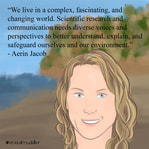
I feel honoured to be among 100 Canadians asked to participate in the Science Borealis #SciComm100 project highlighting science communicators.
Thanks to The Vexed Muddler for a lovely drawing!
See the full gallery of participants and swag.
Thanks to The Vexed Muddler for a lovely drawing!
See the full gallery of participants and swag.
Science Integrity Project

The Science Integrity Project reflects the collective wisdom of 75 leaders in science, indigenous knowledge, public policy, civil society, and who are concerned about the erosion of an evidence-based approach to public policy decision-making in Canada. We developed four principles for improved decision making on the basis of the best available evidence.
Federal Election 2015 - Science & Technology Candidates' Debate
The Science & Technology Debate was the first candidates' event focused on science. It was held at UVic on September 23, guest moderated by Bob McDonald from CBC's Quirks & Quarks, and attended by over 400 people. Participating candidates were: Jo-Ann Roberts (Green), Murray Rankin (NDP), and Tim Kane (Liberal). No Conservative candidate RSVP'd or attended. Debate format and questions are here; a video recording is here. Don't miss Quirks & Quarks' election panel and reaction from scientists.
Media coverage of the debate includes Science [PDF], Desmog Canada, The Tyee, Maclean's, News 1130, The Martlet, CTV News at 11 (UVic campaign at 8m45s; SciTechDebate at 10m55s). Check out #SciTechDebate on Twitter, including tweets from across North America!
Media coverage of the debate includes Science [PDF], Desmog Canada, The Tyee, Maclean's, News 1130, The Martlet, CTV News at 11 (UVic campaign at 8m45s; SciTechDebate at 10m55s). Check out #SciTechDebate on Twitter, including tweets from across North America!
Wilburforce Fellowship in Conservation Science

I was thrilled to receive a 2015 Wilburforce Fellowship in Conservation Science. These scientists work in western North America and receive leadership and communciation training to help achieve durable conservation solutions. Read about our training and interviews about what the fellowship has meant to many of us.
Sustainable Canada Dialogues

The Sustainable Canada Dialogues proposed a range of science-based policy options to help Canada move toward a sustainable future. Putting options on the table is long overdue in the Canadian context. We hope that our input can help Canadian governments - from federal to municipal levels - make ambitious and thoughtful commitments to reduce greenhouse gas emissions and make the necessary transition to a low-carbon society and economy. Read more about the SCD here and here, follow us on Facebook and Twitter.
Symposium for Women Entering Ecology and Evolution Today

The critical transition from university to a permanent job has many challenges. These are particularly relevant for women and minorities, who tend to be underrepresented in scientific careers. The Symposium for Women Entering Ecology and Evolution Today (SWEEET) addresses the advancement of women from postgraduate degrees in ecology and evolution into academic, government, NGOs, and industry. I co-organized SWEEET 2013 and 2014, held in conjunction with the annual meetings of the Canadian Society for Ecology and Evolution. Follow SWEEET on Twitter and volunteer to help organize SWEEETs! It's fun and good for your career.
Montreal's Ecosystems at Your Service / Montréal à Votre Service Ecologique

When we think of the benefits people get from nature, sometimes it seems like those things are far away: a cabin in the country, long hikes in alpine meadows, or lush rainforests producing oxygen. But most people live in cities -- urbanites also benefit from their immediate environment. This project started from conversations amongst Elena Bennett's lab about how connect Montrealers to local environments. We started "Montreal's Ecosystems at Your Service", a bilingual blog to tell stories about how people in Montreal benefit from local ecosystems. Follow ES Montreal on Twitter and Facebook.
COMPASS: Fellowship in Science Communication & Policy Engagement

In Fall 2013, I participated in the McGill School of Environment's Fellowship in Science Communication and Policy Engagement, a two-day workshop taught by COMPASS. We learned about engaging with journalists and policy makers, using social media, and communicating our science. Highly recommended!
SciFund Challenge Outreach

In Summer 2013 I participated in the SciFund Challenge Outreach 101, a short online course for researchers interested in science outreach. Over six weeks, we worked individually and in groups to learn about and practice communication. Highly recommended! In Fall 2014 I participated in the SciFund Challenge Class: Video Outreach 101 for Scientists.

